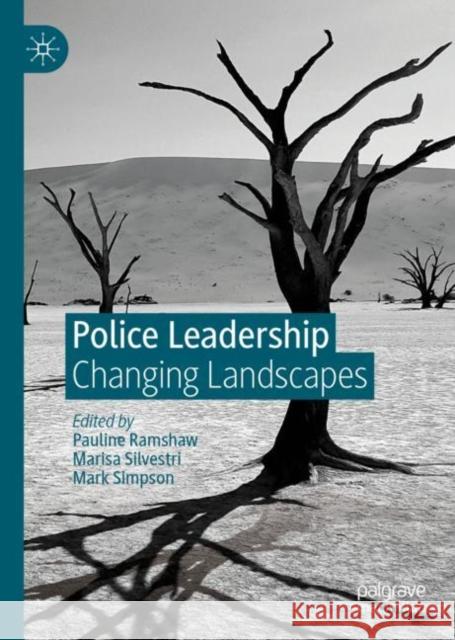Police Leadership: Changing Landscapes » książka
topmenu
Police Leadership: Changing Landscapes
ISBN-13: 9783030214685 / Angielski / Twarda / 2019 / 287 str.
Police Leadership: Changing Landscapes
ISBN-13: 9783030214685 / Angielski / Twarda / 2019 / 287 str.
cena 603,81
(netto: 575,06 VAT: 5%)
Najniższa cena z 30 dni: 578,30
(netto: 575,06 VAT: 5%)
Najniższa cena z 30 dni: 578,30
Termin realizacji zamówienia:
ok. 16-18 dni roboczych.
ok. 16-18 dni roboczych.
Darmowa dostawa!
Kategorie:
Kategorie BISAC:
Wydawca:
Palgrave MacMillan
Język:
Angielski
ISBN-13:
9783030214685
Rok wydania:
2019
Wydanie:
2019
Ilość stron:
287
Waga:
0.53 kg
Wymiary:
21.01 x 14.81 x 1.91
Oprawa:
Twarda
Wolumenów:
01
Dodatkowe informacje:
Wydanie ilustrowane











